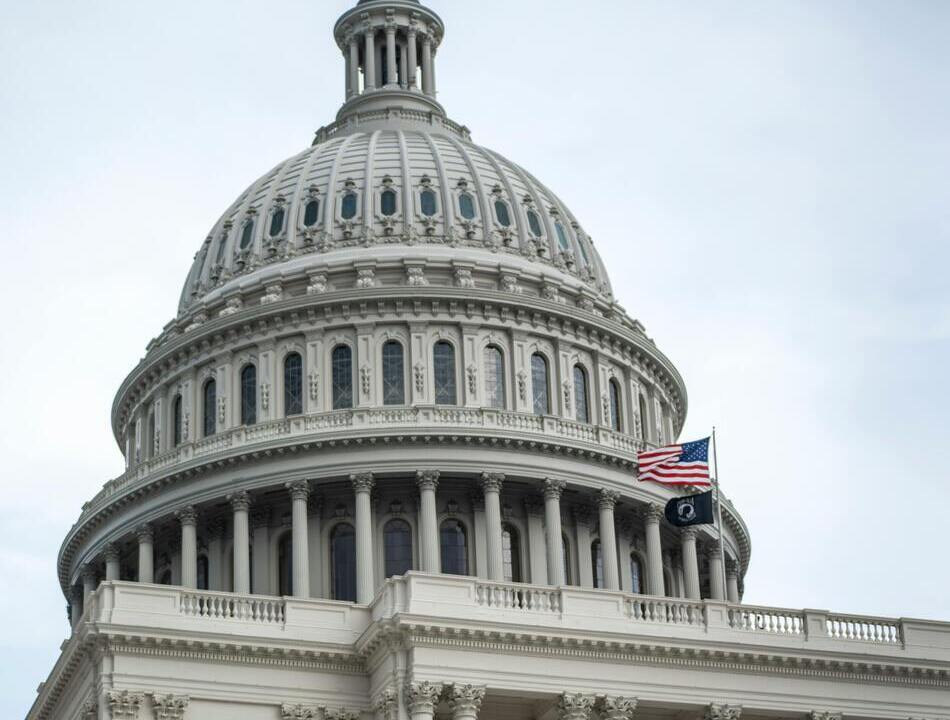Confirmation and Political Context
The Senate confirmed Stephen Miran to the Federal Reserve Board by a narrow 48-47 vote, largely along party lines, with Senator Lisa Murkowski (R-Alaska) as the sole Republican dissenter. Miran, who previously served as Chair of the White House Council of Economic Advisers, will hold a term ending January 31, 2026. His appointment has sparked significant scrutiny due to his close ties to the Trump administration and his unorthodox decision to take a leave of absence from his White House role rather than resigning. Critics, including Senator Elizabeth Warren, argue this arrangement risks undermining the Fed’s independence and could blur the lines between monetary policy and political priorities.
Policy Implications and Market Reaction
Miran’s confirmation arrives at a critical juncture for the Fed, which faces mounting political pressure and internal uncertainty. His economic views, notably his support for tariffs and skepticism of conventional inflation risks, align closely with Trump’s agenda. This has raised concerns among investors and analysts that the Fed may prioritize growth over price stability, potentially altering the trajectory of interest rate decisions.

Market reactions have been cautious. The U.S. dollar index held at 98.2 following the news, while attention shifted to upcoming economic data, particularly the Consumer Price Index (CPI) report, which could influence the Fed’s policy direction. Treasury managers are advised to consider diversification and inflation-linked securities to hedge against potential volatility.
The Fed’s communication in upcoming meetings will be closely watched for signs of internal division or shifts in strategy. Miran’s presence could amplify debates around rate cuts, especially as the administration pushes for more aggressive easing.
The narrow confirmation of Stephen Miran underscores deep political divisions and adds uncertainty to the Fed’s operational independence. Markets will monitor upcoming economic data and Fed communications for clues on how his presence influences policy decisions in the months ahead.


